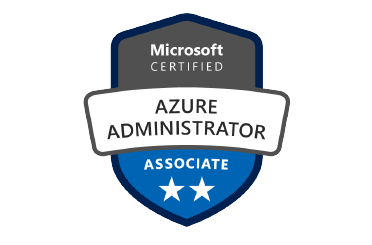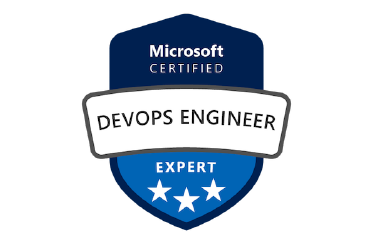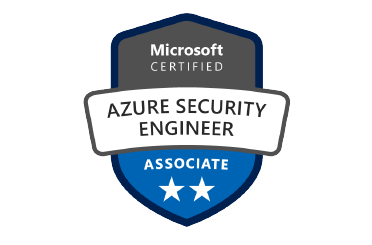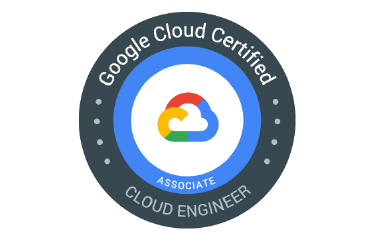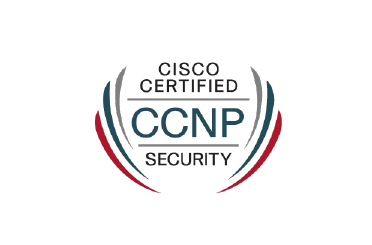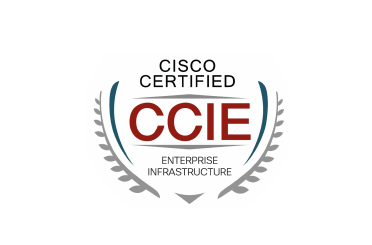DevOps Engineer - Professional (DOP-C02)
Introduction
The AWS Certified DevOps Engineer – Professional (DOP-C02) exam is intended for individuals who perform a DevOps engineer role. The exam validates a candidate’s technical expertise in provisioning, operating, and managing distributed application systems on the AWS platform.
The exam also validates a candidate’s ability to complete the following tasks:
- Implement and manage continuous delivery systems and methodologies on AWS
- Implement and automate security controls, governance processes, and compliance validation
- Define and deploy monitoring, metrics, and logging systems on AWS
- Implement systems that are highly available, scalable, and self-healing on the AWS platform
- Design, manage, and maintain tools to automate operational processes
Exam Content
Response types
There are two types of questions on the exam:
- Multiple choice: Has one correct response and three incorrect responses (distractors)
- Multiple response: Has two or more correct responses out of five or more response options
Select one or more responses that best complete the statement or answer the question. Distractors, or incorrect answers, are response options that a candidate with incomplete knowledge or skill might choose. Distractors are generally plausible responses that match the content area.
Unanswered questions are scored as incorrect; there is no penalty for guessing. The exam includes 65 questions that will affect your score.
Unscored content
The exam includes 10 unscored questions that do not affect your score. AWS collects information about candidate performance on these unscored questions to evaluate these questions for future use as scored questions. These unscored questions are not identified on the exam.
Exam results
The AWS Certified DevOps Engineer - Professional (DOP-C02) exam has a pass or fail designation. The exam is scored against a minimum standard established by AWS professionals who follow certification industry best practices and guidelines.
Your results for the exam are reported as a scaled score of 100–1,000. The minimum passing score is 750. Your score shows how you performed on the exam as a whole and whether you passed. Scaled scoring models help equate scores across multiple exam forms that might have slightly different difficulty levels.
Your score report could contain a table of classifications of your performance at each section level.The exam uses a compensatory scoring model, which means that you do not need to achieve a passing score in each section. You need to pass only the overall exam.
Each section of the exam has a specific weighting, so some sections have more questions than other sections have. The table of classifications contains general information that highlights your strengths and weaknesses. Use caution when you interpret section-level feedback.
All Courses Idea
Content outline
The main content domains and their weightings are illustrated below. The percentage in each domain represents only scored content.
|
Domain |
% of Exam |
|
Domain 1: SDLC Automation |
22% |
|
Domain 2: Configuration Management and Infrastructure as Code |
19% |
|
Domain 3: Resilient Cloud Solutions |
15% |
|
Domain 4: Monitoring and Logging |
15% |
|
Domain 5: Incident and Event Response |
14% |
|
Domain 6: Security and Compliance |
17% |
|
TOTAL |
100% |
Please click here to download the (DOP-C02) Exam Content.
Recommended Knowledge and Experience
- Hands-on experience using compute, networking, storage, and database AWS services
- Hands-on experience with AWS deployment and management services
- Ability to identify and define technical requirements for an AWS-based application
- Ability to identify which AWS services meet a given technical requirement
- Knowledge of recommended best practices for building secure and reliable applications on the AWS platform
- An understanding of the basic architectural principles of building on the AWS Cloud
- An understanding of the AWS global infrastructure
- An understanding of network technologies as they relate to AWS
- An understanding of security features and tools that AWS provides and how they relate to traditional services
The general tools and technologies in this list appear in no particular order. AWS services are grouped according to their primary functions. While some of these technologies will likely be covered more than others on the exam, the order and placement of them in this list is no indication of relative weight or importance: Application deployment, Application integration, Application pipelines, Automation, Code repository best practices, Cost optimization, Deployment requirements, Hybrid deployments, IAM policies, Metrics, monitoring, alarms, and logging, Network ACL and security group design and implementation, Operational best practices
AWS Certified DevOps Engineer - Professional is intended for individuals with two or more years of experience provisioning, operating, and managing AWS environments. Before taking this exam, the candidate should have: Experience developing code in at least one high-level programming language; building highly automated infrastructures; and administering operating systems, Understanding of modern development and operations processes and methodologies, Ability to implement and manage continuous delivery systems and methodologies on AWS, Ability to implement and automate security controls, governance processes, and compliance validation, Ability to define and deploy monitoring, metrics, and logging systems on AWS
This certification is meant for experienced professionals. AWS recommends you have: 2+ years of hands-on AWS experience (especially with provisioning, operating, and managing systems) - Familiarity with the software development lifecycle (SDLC) - Basic to intermediate skills in scripting or programming (Python, Bash, or similar) It’s designed for people who’ve already been working with AWS and DevOps tools—not for absolute beginners.
Number of questions: 75 Format: Multiple choice & multiple response Time: 180 minutes Passing score: 750 out of 1000 Languages available: English, Japanese, Korean, Simplified Chinese It’s a deep, scenario-based exam that rewards hands-on experience over rote memorization.
Yes, very much so. It can: Open doors to high-demand, well-paying roles Give you an edge in a competitive tech market Help validate your DevOps expertise in AWS environments Employers take AWS certifications seriously, especially at the professional level.
100%. With more companies migrating to the cloud and automating deployments, AWS DevOps roles are booming. Having skills in both AWS and DevOps tooling makes you highly marketable.
Here’s a quick toolkit rundown: CI/CD: Jenkins, GitLab CI, AWS CodePipeline Containers & Orchestration: Docker, Kubernetes Cloud: AWS (EC2, S3, Lambda, etc.) Infrastructure as Code: Terraform, CloudFormation Monitoring: Prometheus, Grafana, AWS CloudWatch Scripting: Python, Bash Soft skills like communication and problem-solving are just as crucial—DevOps is as much about collaboration as it is about automation.
You don’t need to be a hardcore developer, but having some coding or scripting knowledge helps a lot. It makes it easier to write automation scripts, manage infrastructure as code, and debug deployment issues.
Cloud fluency is vital. For AWS-specific roles, that means knowing: Networking (VPCs, subnets, security groups) Compute and storage services IAM and security best practices Monitoring and cost optimization Container deployment in the cloud
Depends on your platform and goals! Here are the top contenders: AWS Certified DevOps Engineer – Professional (for AWS-heavy environments) Certified Kubernetes Administrator (CKA) (for container orchestration) Docker Certified Associate (DCA) Microsoft Certified: DevOps Engineer Expert (for Azure-based work)
Yes, this course is highly sought-after in Kolkata and across India, offering excellent career prospects.
After completing this course from AITA Kolkata, you can explore various job roles in reputed IT companies, MNCs, and startups.
Yes, Adroit IT Technology offers placement assistance to help students kickstart their careers.
Absolutely! This course is available online, making it accessible to students across India and globally.
AITA offers industry-aligned curriculum, experienced trainers, and strong placement support, making it a preferred choice for this course in India.













